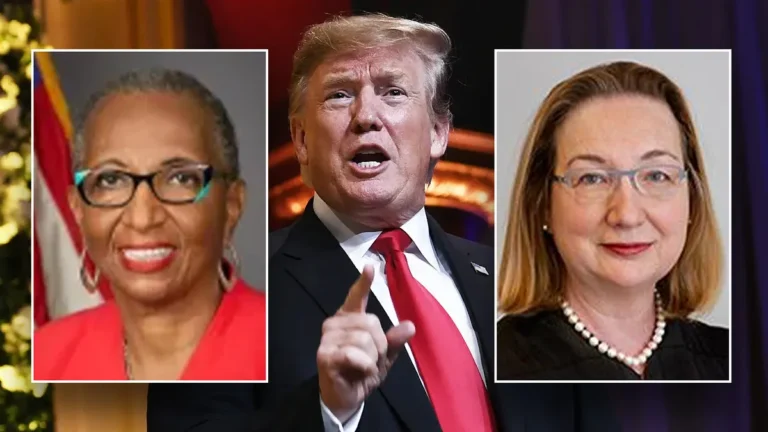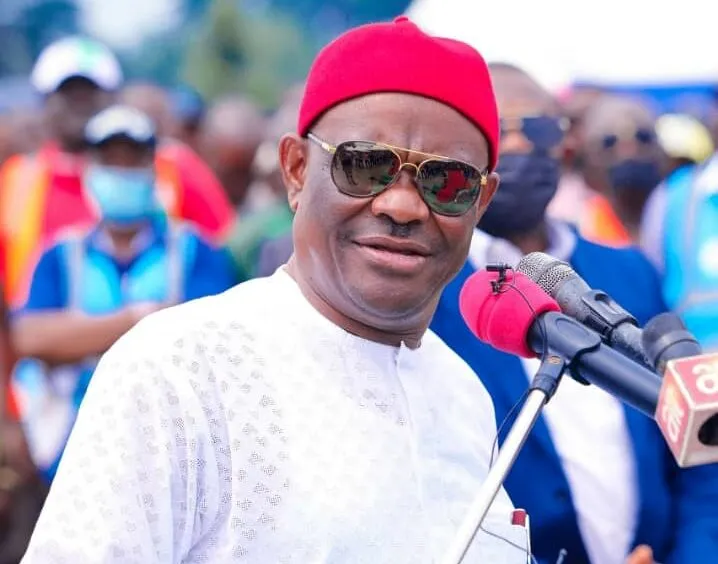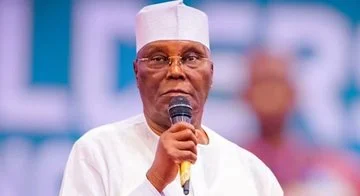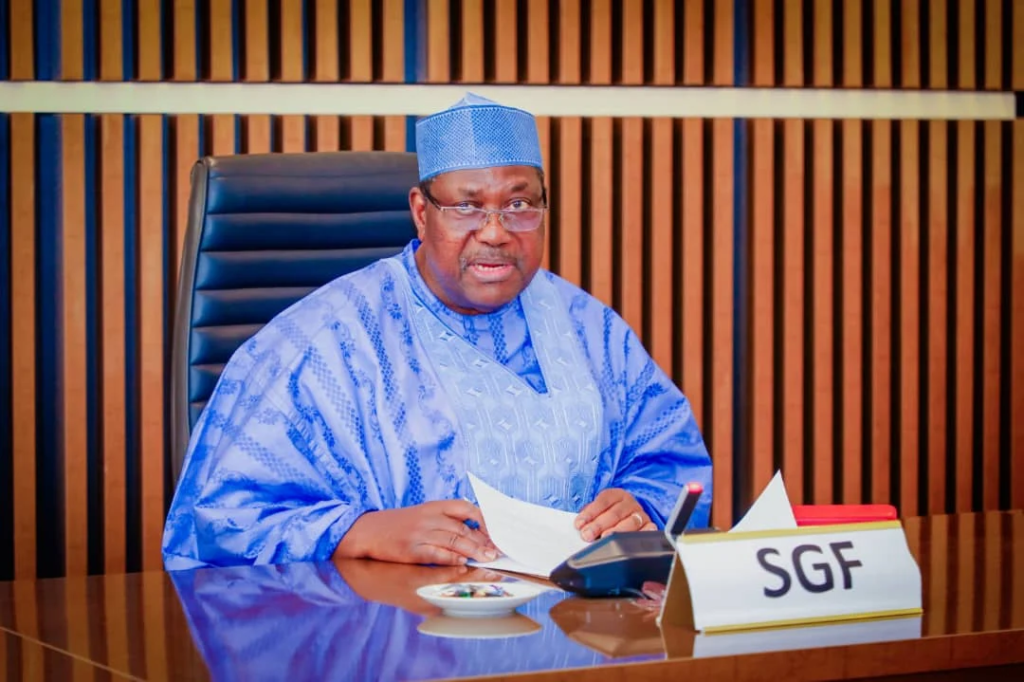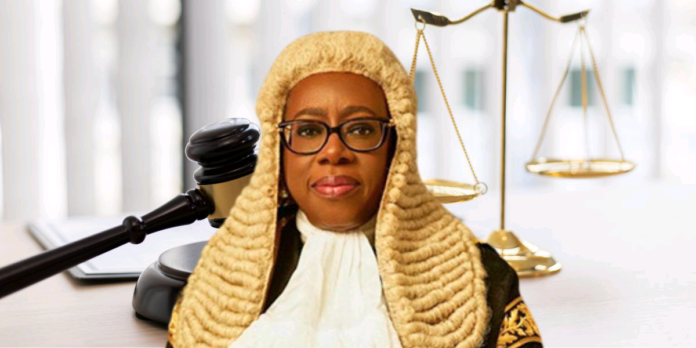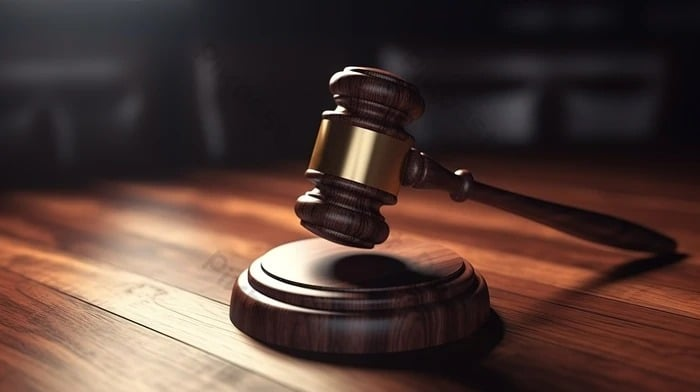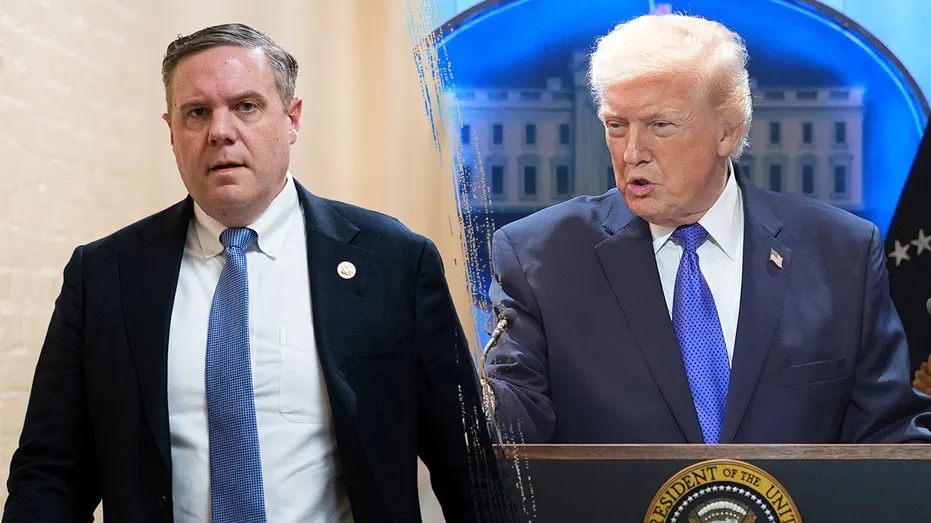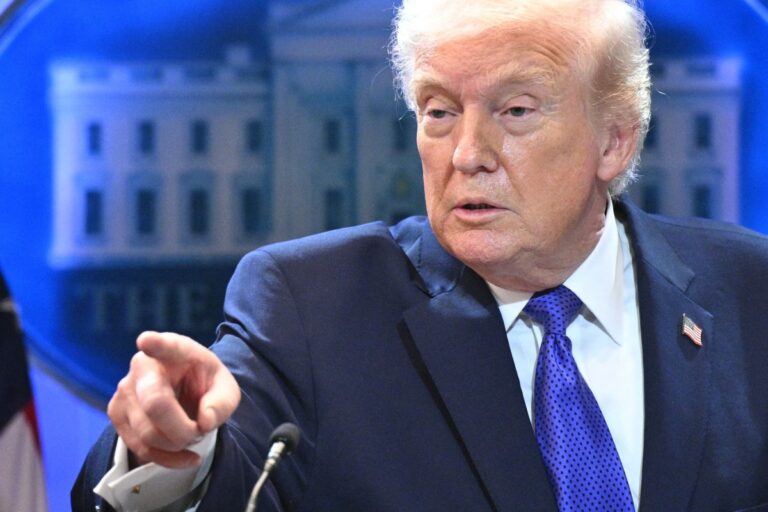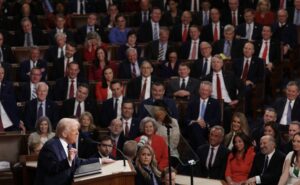In a landmark ruling that could redefine the limits of presidential authority, a federal judge on Thursday reinstated a member of a federal labor agency after President Donald Trump removed her without cause—warning that his actions resemble those of a monarch, not an elected leader.
U.S. District Judge Beryl Howell ordered Gwynne Wilcox to be reinstated to the National Labor Relations Board (NLRB), stating that Trump’s decision to fire her violated constitutional principles.
In a strongly worded 36-page ruling, Howell rejected Trump’s broad claims of unilateral executive power, suggesting the case could become a key test of the “unitary executive theory”—the controversial legal doctrine that argues the president has complete control over the executive branch.
“An American President is not a king—not even an ‘elected’ one—and his power to remove federal officers and honest civil servants like plaintiff is not absolute,” Howell wrote.
Wilcox, who sued last month following what she described as a “string of openly illegal firings”, acknowledged that her case could serve as a test for the limits of presidential power. Howell’s ruling appears to have taken that argument seriously, delivering a broad criticism of Trump’s interpretation of his constitutional authority.
Howell directly referenced a Feb. 19 White House social media post, which depicted Trump wearing a golden crown, captioned “Long Live the King.” She cited this as evidence of Trump’s expanding claims of executive authority.
“A President who touts an image of himself as a ‘king’ or a ‘dictator,’ perhaps as his vision of effective leadership, fundamentally misapprehends the role under Article II of the U.S. Constitution,” she wrote.
Howell further argued that Trump has been “testing the bounds of his office”, using his authority in blatant violation of statutory law, seemingly to gauge how much courts will tolerate his expansive view of presidential power.
The ruling signals that Wilcox’s case may become a defining legal challenge to the “unitary executive” theory, which posits that the president has near-total control over the executive branch. While once an academic debate, Howell suggested that Trump’s approach could turn this theory into legal precedent.
“The President’s interpretation of the scope of his constitutional power—or, more aptly, his aspiration—is flat wrong,” Howell stated.
As the case moves forward, it has the potential to set a major precedent on presidential authority, marking a critical moment in the ongoing battle over the balance of power in the U.S. government.

